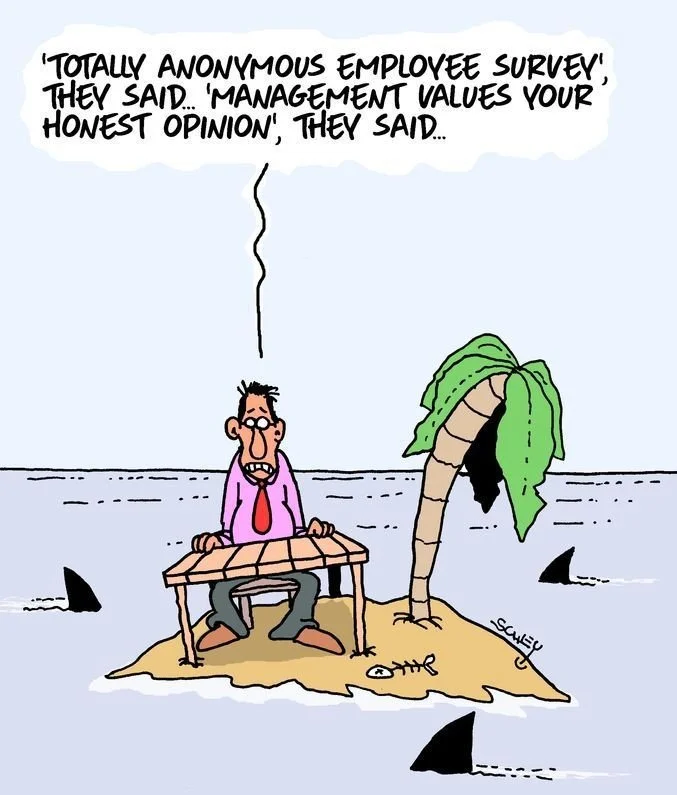Module Three: Honesty
Recently, I was speaking at a leadership conference and we had a technical glitch. The video I had planned to play suddenly did not work. If you do much public speaking you know that these things happen from time to time. It was what happened after my presentation that caused me to pause. David, the sound tech professional who was in charge of the event came up to me immediately after and said, "That was totally my fault,… I apologize." While the glitch was no big deal, the way this leader owned his mistake was big to me.
There are times when things go wrong on our watch. How we handle those mistakes reflects on our character and influence as a leader. More times than not, we see leaders who blame, point fingers or make excuses for failures or mistakes. This type of behavior sends the wrong message to our teams. It also degenerates our personal relationships and causes us to lose credibility. It takes courage and honesty to raise your hand and say, "I blew that". When that happens, it generally raises the level of respect that others have for us.
Thank you David, for reminding me that being a leader of influence requires us to own our mistakes. Choose to stand up and own your mistakes and you will make a difference!
Larry Little
Eagle Center for Leadership
What makes a leader's word credible? At North Wind, the answer starts with honesty. Honesty influences how we make decisions, communicate, and whether we uphold the standards we set. Honesty requires speaking up when it's uncomfortable and holding to your principles, regardless of whether anyone is paying attention.
Integrity is built through consistency between words and actions. Leaders who practice honesty set a standard that encourages openness, fairness, and accountability across every part of the organization. When honesty becomes routine, it strengthens communication, supports ethical choices, and helps others feel confident that what is said can be relied upon.
“Honesty and transparency make you vulnerable. Be honest and transparent anyway.”
This module explores honesty as both a personal commitment and a professional standard. The first session, The Power of Truth, focuses on how honesty builds credibility and creates trust in leadership. The second, Embracing Authentic Integrity, examines how alignment between beliefs and behavior gives leaders credibility that lasts. The final session, Self-Aware Leadership, looks inward at how self-honesty and reflection help leaders recognize their blind spots and make decisions that reflect both clarity and character.
Honesty doesn't guarantee you'll always be right, but it does guarantee people will know where you stand. That clarity matters when decisions get complicated, when mistakes happen, and when the pressure to bend the truth shows up. The leaders who build lasting influence are the ones who choose honesty even when it means admitting they were wrong.


